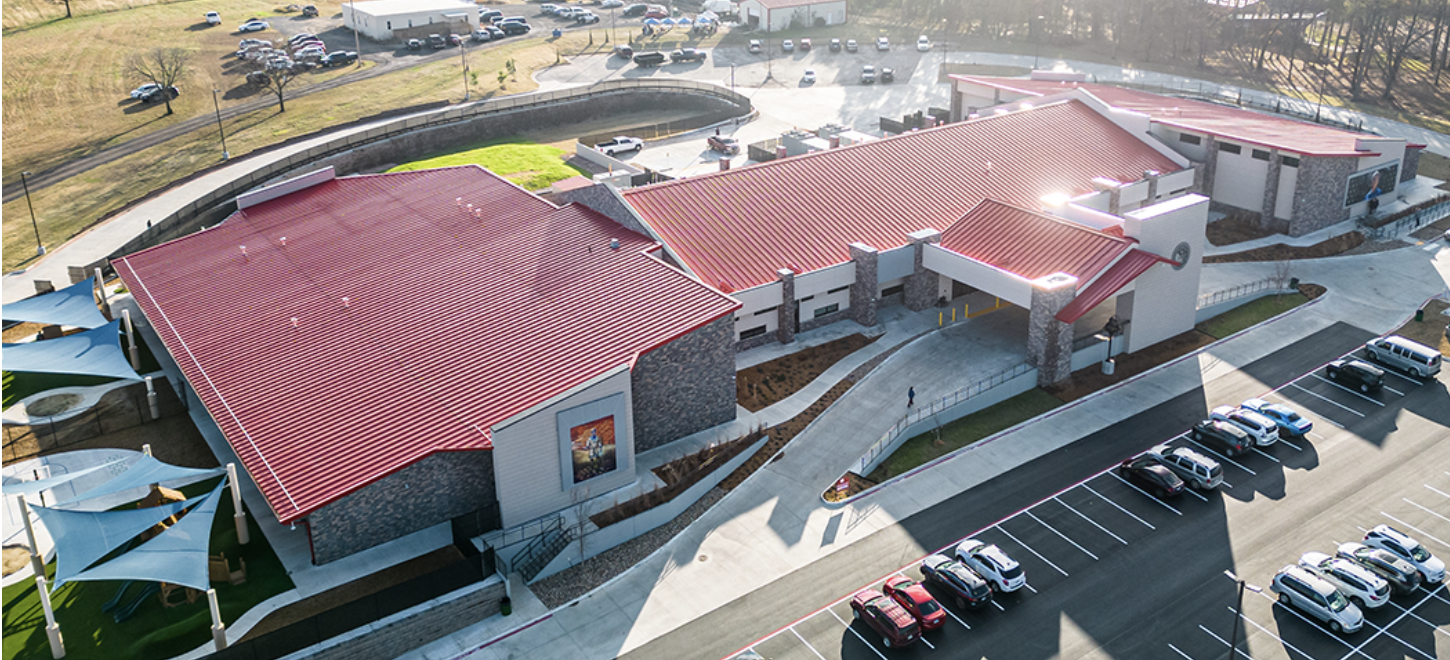
- Details
- By Chuck Hoskin Jr
Guest Opinion. The language that our ancestors spoke to pass along Cherokee wisdom through countless generations; that the unique Cherokee genius Sequoyah created a syllabary for; that Cherokee hero Durbin Feeling dedicated his life to preserving and promoting; and that hundreds of Cherokee elders, teachers and students are working to revitalize today; is our most valuable cultural treasure.
Sadly, in recent generations, fewer and fewer of our people have grown up speaking Cherokee. Today, at Cherokee Nation, we have the urgent task to reverse that trend. We must shake up the status quo. We must ensure that generations to come will experience the Cherokee language not as a relic of history but as a living, breathing part of our identity.
We have taken another step in that mission with the permanent reauthorization of the Durbin Feeling Language Preservation Act. Originally passed in 2019, the act laid the foundation for the largest language investment in Cherokee history. Now, with the 2024 expansion, we have authorized a minimum operating funding budget of at least $18 million annually.

The 2024 legislation designates the danger of losing the Cherokee language as a national emergency. It sets a new budgetary baseline along with $35 million for capital projects, with the majority for a new immersion middle school in Tahlequah. The law also formally dedicates language campuses in Tahlequah and Greasy in Adair County and a new language satellite office in Kenwood. Additionally, it authorizes the protection of over 1,400 acres of trust land in Delaware County to be the forthcoming Kenwood Cherokee Language and Culture Preserve.
Today, the Durbin Feeling Language Center in Tahlequah is the epicenter of Cherokee language renaissance. Our fluent elder speakers, alongside our young and adult students, are doing the daily work, and daily joy, of teaching and learning. While these programs are supported by the largest investments in Cherokee language in history, I hope they are small compared to the investments and language activities to come.
This is a generational effort that will continue long past my time in office. The new law establishes the strategic investments and continuing funding required to build generations of fluent speakers. The Cherokee spirit of Gadugi, the power of working together, propels us in this work.
All Cherokees can play a role in this effort, no matter their age or where they live. Success is not a static destination, but rather an ongoing journey towards greater and greater usage of the Cherokee language in our homes and communities. To survive and thrive, Cherokee must grow beyond the classroom, into our daily interactions and the fabric of our lives.
The Durbin Feeling Language Preservation Act of 2024 is more than just a legal document. It is a testament to our collective commitment, a promise to our ancestors, and a pledge to future generations that the Cherokee language will not wither on the vine. Together, we can revitalize our language and defend the essence of our cultural identity.
Chuck Hoskin, Jr. is the principal chief of the Cherokee Nation.
More Stories Like This
Tribes Seek Better Data, Real Accountability in MMIP Cases Ahead of Tribal ConsultationWhat Would Dr. King Say About ICE?
In Unity and Commitment
Protecting Our People through Human Trafficking Awareness
It is Time for Animal Behavior to Become Its Own Discipline
Help us defend tribal sovereignty.
At Native News Online, our mission is rooted in telling the stories that strengthen sovereignty and uplift Indigenous voices — not just at year’s end, but every single day.
Because of your generosity last year, we were able to keep our reporters on the ground in tribal communities, at national gatherings and in the halls of Congress — covering the issues that matter most to Indian Country: sovereignty, culture, education, health and economic opportunity.
That support sustained us through a tough year in 2025. Now, as we look to the year ahead, we need your help right now to ensure warrior journalism remains strong — reporting that defends tribal sovereignty, amplifies Native truth, and holds power accountable.
 The stakes couldn't be higher. Your support keeps Native voices heard, Native stories told and Native sovereignty defended.
The stakes couldn't be higher. Your support keeps Native voices heard, Native stories told and Native sovereignty defended.
Stand with Warrior Journalism today.
Levi Rickert (Potawatomi), Editor & Publisher

